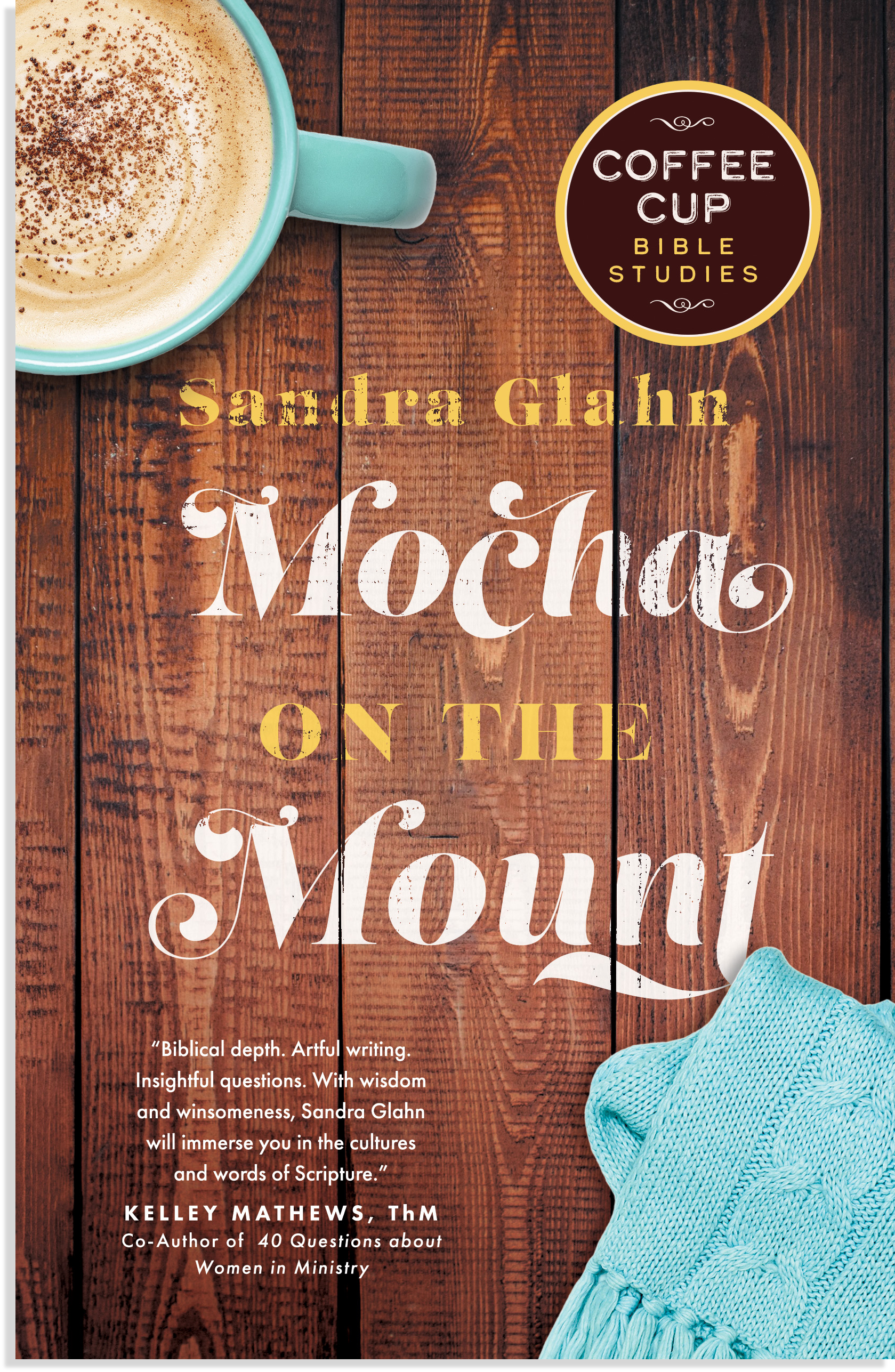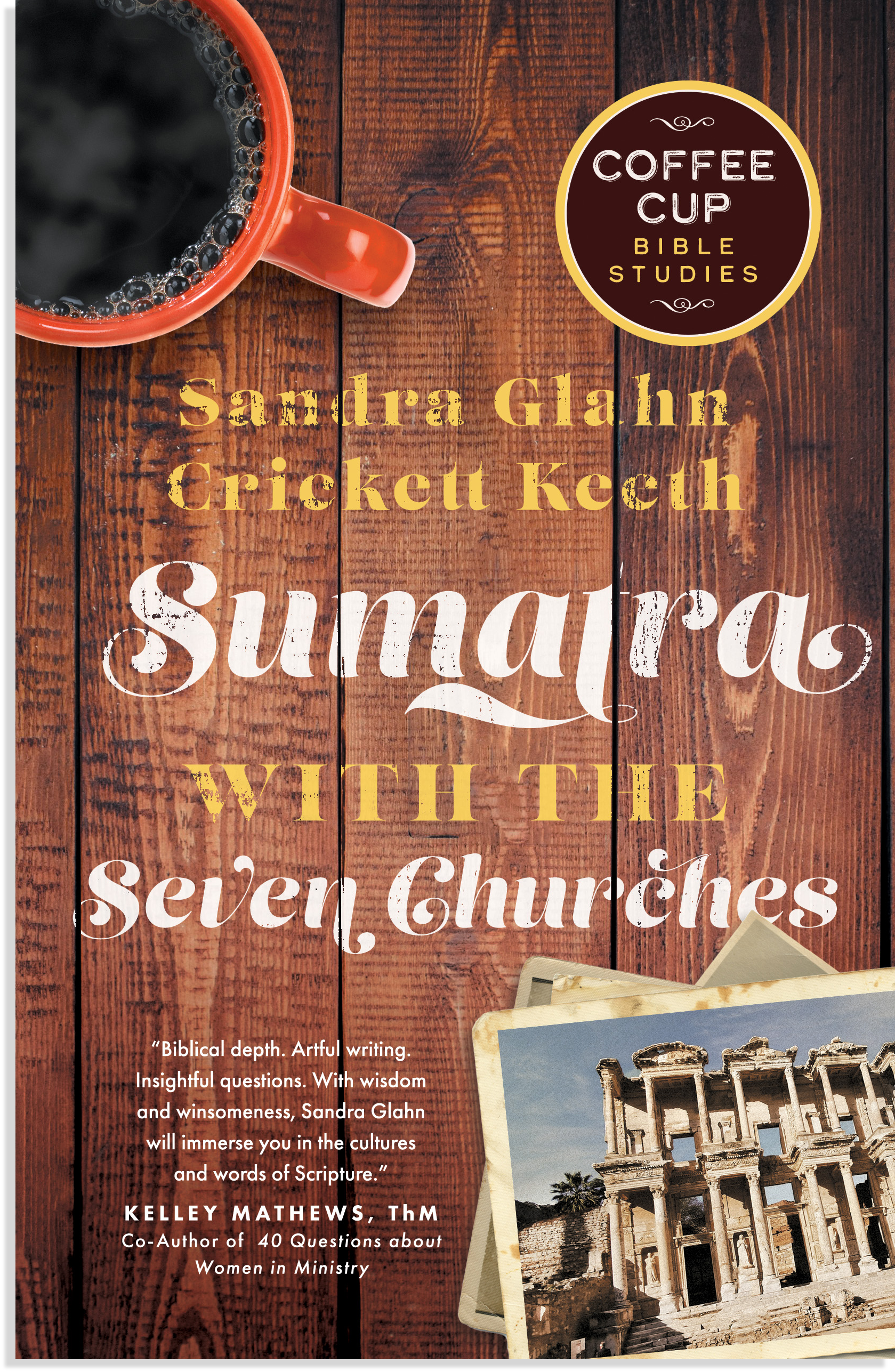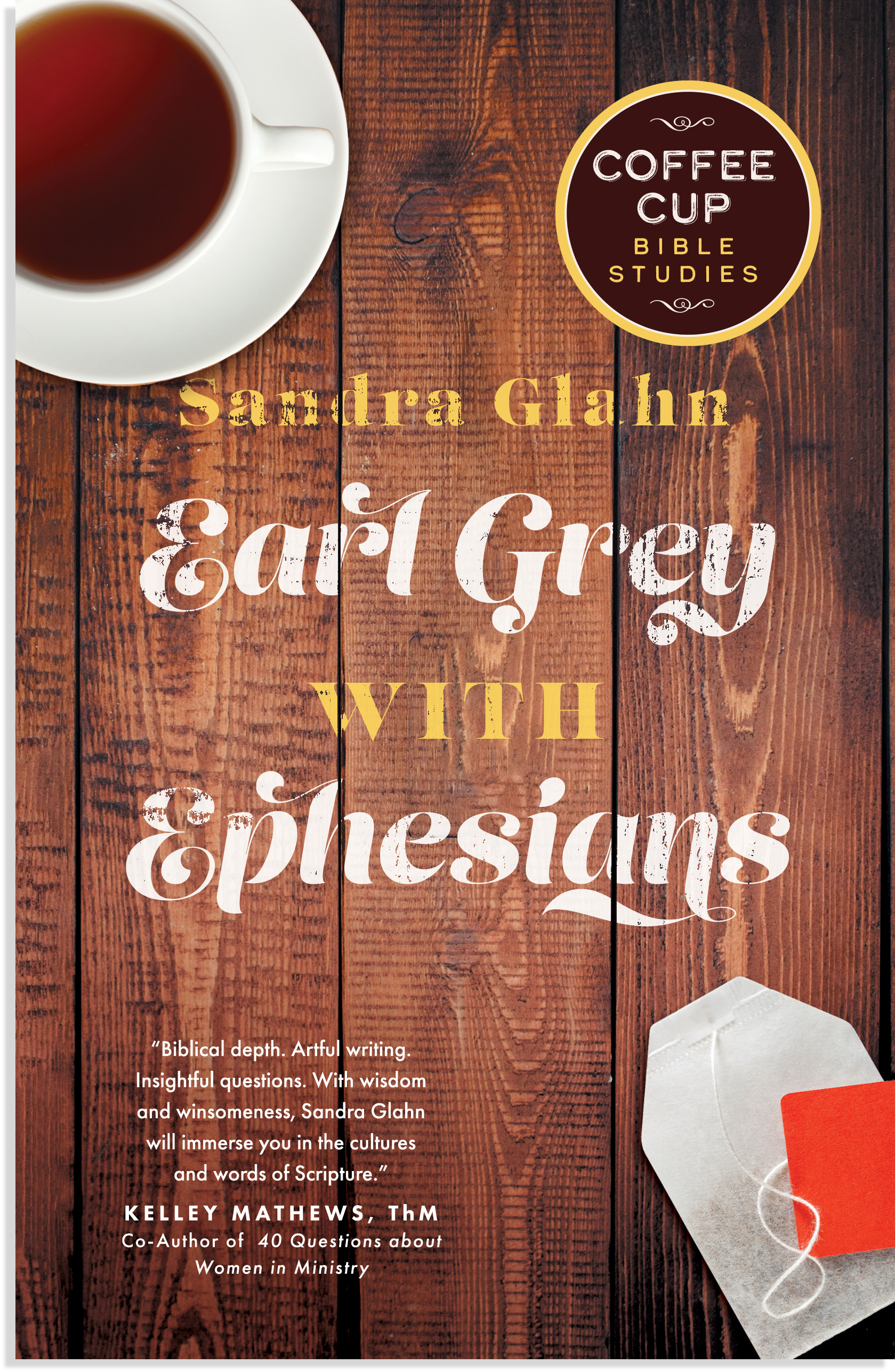Mocha on the Mount walks readers through Jesus’s famous sermon and helps them consider the radical practicalities of living in light of his words.
Imagine yourself having coffee with Jesus. What would you ask Him? What might He ask you? In this study we’ll consider his words in the Sermon on the Mount and explore how our righteousness can actually “exceed that of the scribes and the Pharisees.” Okay, actually, we’ll explore how Jesus set the bar so high that we see the key to entering the kingdom of heaven: realizing our deep need for grace and for someone else’s righteousness to be credited to our account. That’s the only way we get that kind of righteousness.
This six-week study, as well as all the other Coffee Cup studies, contains weekday Bible study questions and weekend devotionals for lighter reading. Designed for group or individual use.

“Jesus’s teachings in the Sermon on the Mount can be tough to hear—and even more difficult to live out. In Mocha on the Mount, Sandra Glahn helps readers think through the practicalities of kingdom living without neglecting the heart change that Jesus calls for. Highly recommended!”
David & Renee Sanford
authors, How to Read Your Bible
Meet the Author
Dr. Sandra Glahn
Sandra L. Glahn (PhD, University of Texas at Dallas) is Professor of Media Arts and Worship at Dallas Theological Seminary, where her emphases are first-century backgrounds related to women, culture, gender, and the arts. She has authored or edited more than twenty books, including Vindicating the Vixens, Earl Grey with Ephesians, Sanctified Sexuality (coeditor), and Sexual Intimacy in Marriage (coauthor).
Resources for Mocha on the Mount
Notes
Bible.org has wonderful textual notes on Sermon on the Mount.
Visual Art
Domenico Fetti’s “The Parable of the Mote and the Beam” (1619), Metropolitan Museum of Art
Feature
Coffee Cup Bible Series feature in DTS Voice.
Books
Sermon on the Mount: An Evangelical Exposition of Matthew 5-7, D.A. Carson
Divine Conspiracy, Dallas Willard
Reading Sermon on the Mount: Character Formation and Ethical Decision Making in Matthew 5-7











